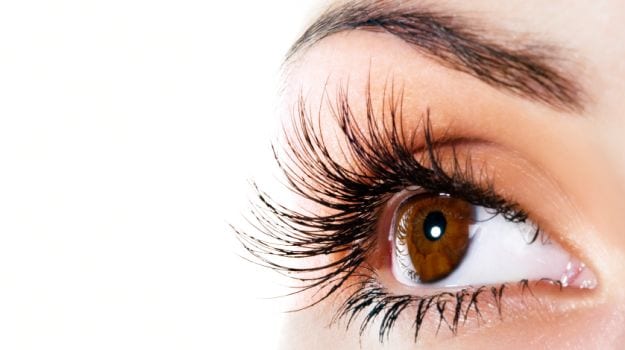It's time you start taking your diet seriously if you wish to keep your sight intact. If the findings of a latest study conducted by University of Southampton are to be believed a poor diet including high fat and cholesterol-enriched food may up risk of developing eye diseases which could lead to sight loss. The study was published in journal Molecular Nutrition & Food Research.
The researchers said retinal pigment epithelial (RPE) cells in the eye may become damaged due to unhealthy nutrition. They also revealed that there is a potential new treatment by which these cells could be protected against age-related diseases such as age-related macular degeneration .
Age-related macular degeneration is an eye disease marked by gradual vision loss, since it affects your central vision your ability to read and recognise faces is also hampered. Age-related macular degeneration is a leading cause of sight loss in the UK. An irreversible condition, macular degeneration is often caused due to genetics and external factors such as smoking, high blood pressure or obesity.
The scientists are still studying how a poor diet increases likelihood of eye disease. For the study, researchers analysed how disease-causing pathways triggered by poor nutrition could impact RPE cells. RPE cells tend to damage at the onset of Age-related macular degeneration, which makes them less equipped to support eye's photoreceptors. And when the photoreceptors stop responding completely, it leads to permanent sight-loss.
The researchers demonstrated how healthy RPE cells breakdown by-products generated by daily activities of photoreceptors with the help of the cells' waste disposal system. The system terminates in small vesicles referred to as lysosomes.
The researchers revealed that healthy RPE cells possessed the flexibility to cope with changing conditions that occur in the ageing eye. The study pointed that a high fat, unhealthy diet disrupt this breakdown process in RPE cells, making it difficult for your eye to cope up, leading to sight-loss.








